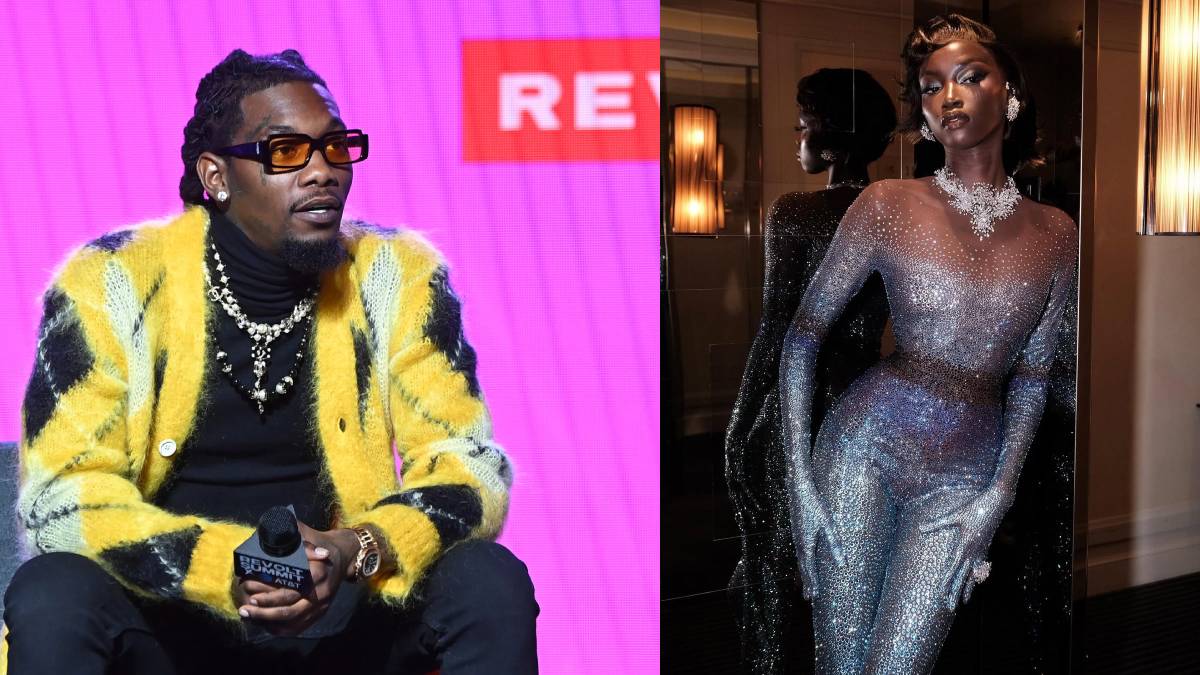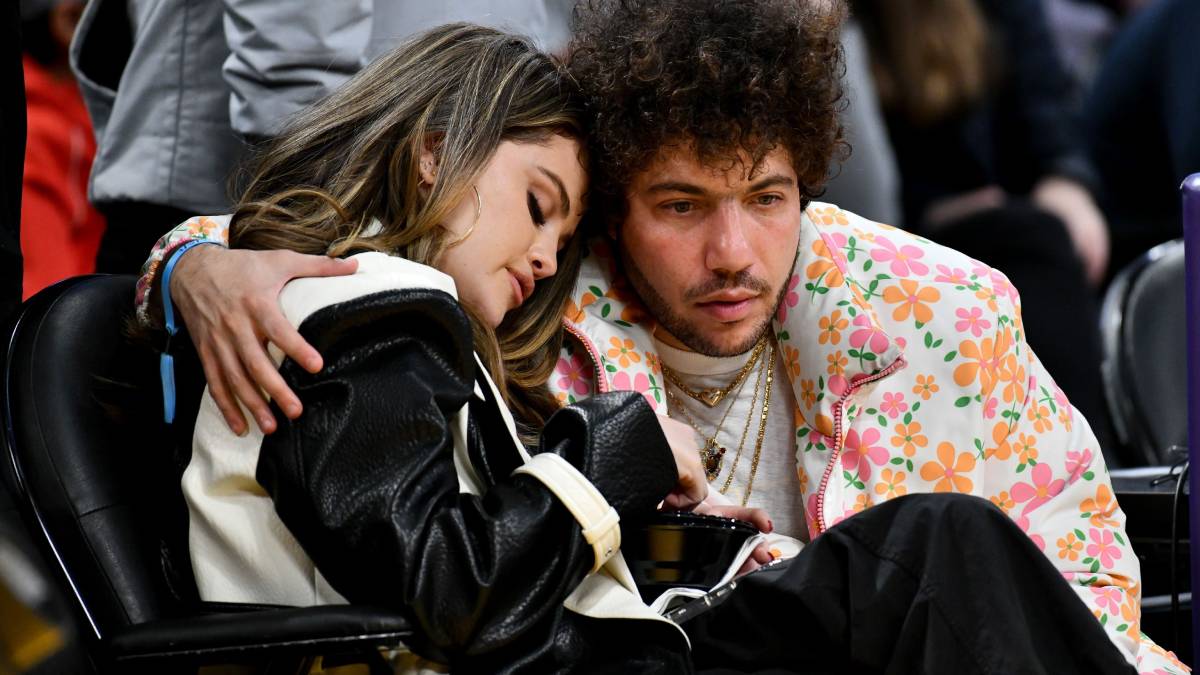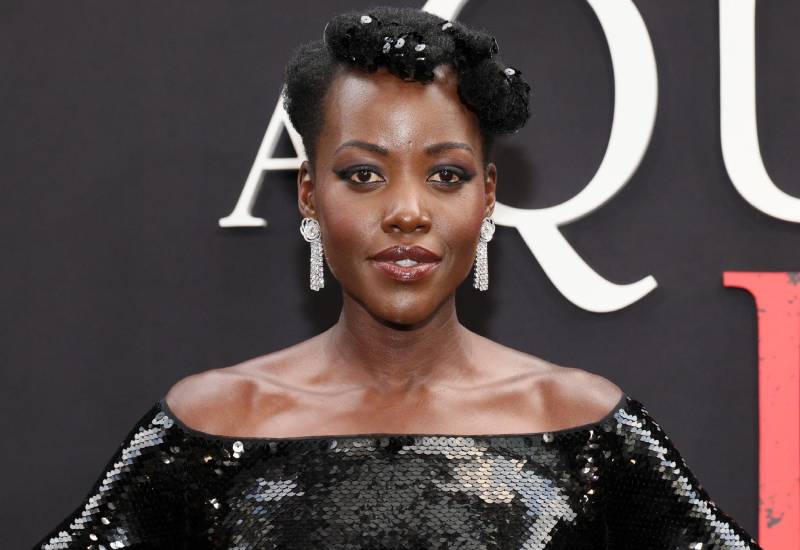Meta developing features to tackle celebrity ad scams
American multinational tech conglomerate Meta is testing new ways to combat scams on Facebook and Instagram.
The social media giant announced in late October that it is working on facial recognition technology that will be used to stop misuse of images and videos of public figures, specifically in cases of fraud and impersonation.
“Scammers often try to use images of public figures, such as content creators or celebrities, to bait people into engaging with ads that lead to scam websites, where they are asked to share personal information or send money,” Meta notes in a statement on its website, adding, “This scheme, commonly called “celeb-bait,” violates our policies and is bad for people that use our products.”

While noting that celebrities are often featured in genuine ads, the company said that scammers have been designing their deceitful ones to look like the real thing, making scams hard to detect.
Meta’s ad review system relies primarily on automated technology to review the millions of ads that are run across its platforms every day. The tech company uses machine learning classifiers to review every ad that runs for violations of its ad policies, including scams.
“Now, we’re testing a new way of detecting celeb-bait scams. If our systems suspect that an ad may be a scam that contains the image of a public figure at risk for celeb-bait, we will try to use facial recognition technology to compare faces in the ad to the public figure’s Facebook and Instagram profile pictures.”
The statement adds: “If we confirm a match and determine the ad is a scam, we’ll block it. We immediately delete any facial data generated from ads for this one-time comparison, regardless of whether our system finds a match, and we don’t use it for any other purpose.”
BBC reports that Elon Musk and personal finance expert, Martin Lewis, are among those to fall victim to such scams, which typically promote investment schemes and crypto-currencies.
“Mr Lewis previously told the Today programme, on BBC Radio 4, that he receives “countless” reports of his name and face being used in such scams every day, and had been left feeling “sick” by them.”
Meta says that early testing with a small group of celebrities and public figures has shown “promising results.”
“In the coming weeks, we’ll start showing in-app notifications to a larger group of public figures who’ve been impacted by celeb-bait letting them know we’re enrolling them in this protection.”








